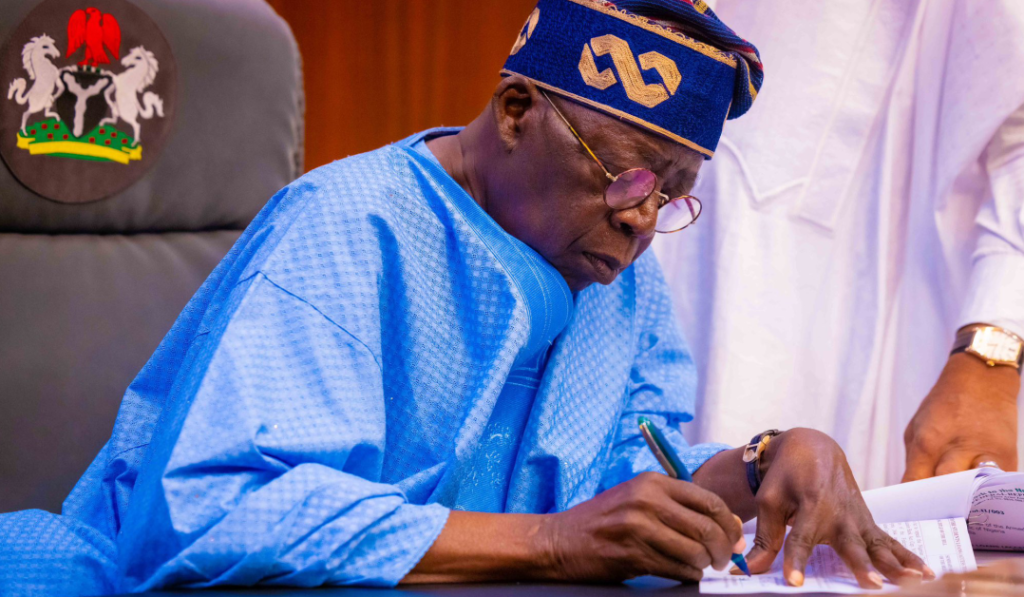Kenyan President William Ruto declared on Sunday that he will relax a logging moratorium that has been in effect since 2018 over objections from environmental organizations.
At a church service in Molo, a community about 200 kilometers northwest of Nairobi, Ruto said the decision was “long overdue” and was intended to launch businesses and create jobs.
“We cannot allow old trees to rot in woods while the surrounding community suffers from a shortage of timber. That is absurd, he declared. So that we can give our youth work and start businesses, we have chosen to open the forest and collect timber.
The president of Kenya, who has taken the lead in African efforts to combat climate change, says his country would continue to work toward its goal of planting 15 billion trees over the next ten years.
The decision, according to Greenpeace Africa, “could have devastating consequences for the environment.”
In a petition last month, the group stated that “in Kenya, forests are home to rare and endangered species, and millions of local people depend on these forests for their livelihoods, relying on them for food and medicine.”
“Significant progress has been made in protecting forests and addressing the climate crisis since the Kenyan government imposed the ban on logging six years ago,” it claimed.
Lifting the moratorium will be detrimental to all of our efforts since it will allow for commercial and illegal logging that is only motivated by profit.
The previous administration’s 2018 moratorium, which was put in place to deter illicit logging and increase Kenya’s forest cover to 10%, had two goals.
According to government figures, the country’s forest cover is currently 8.8%, and in 2022, the forestry and logging sector made up 1.6% of Kenya’s economy.








